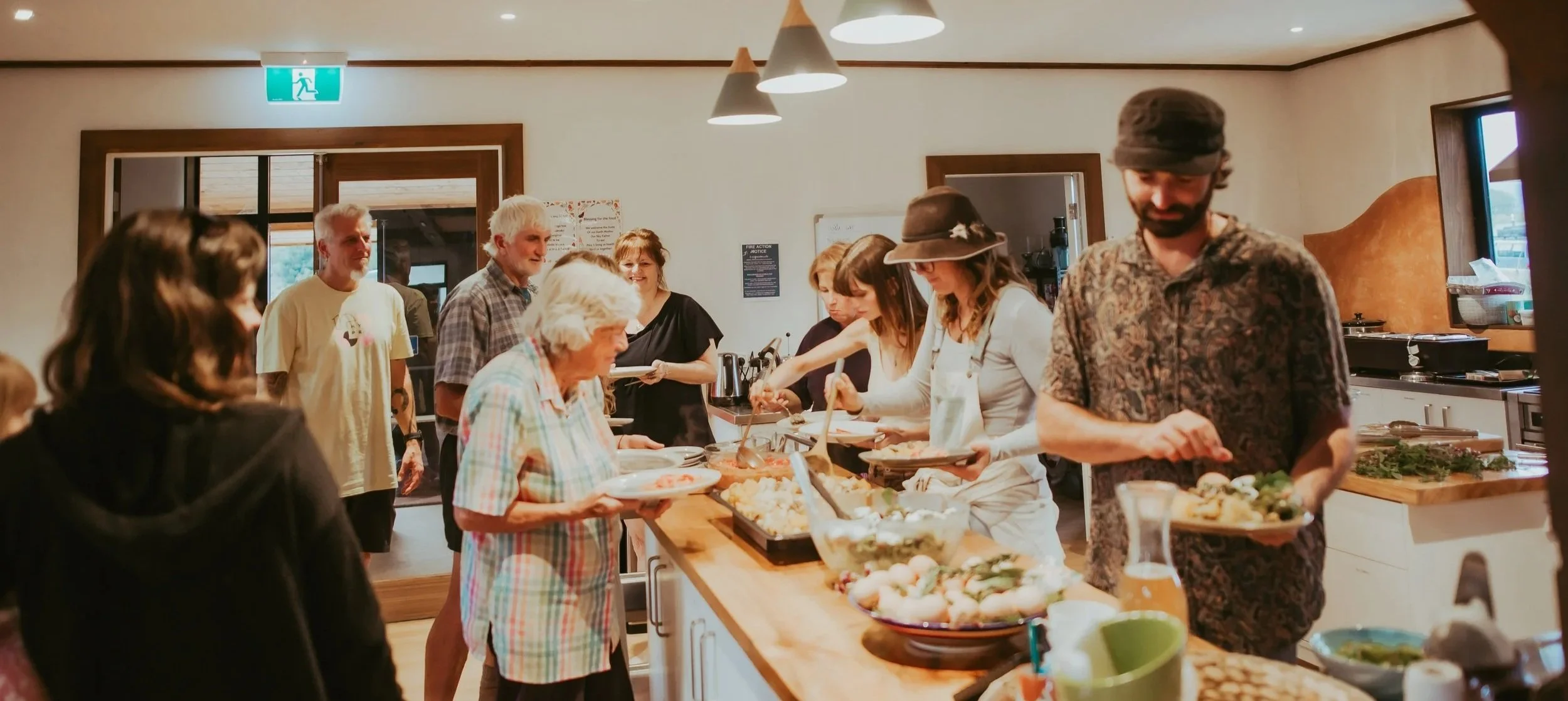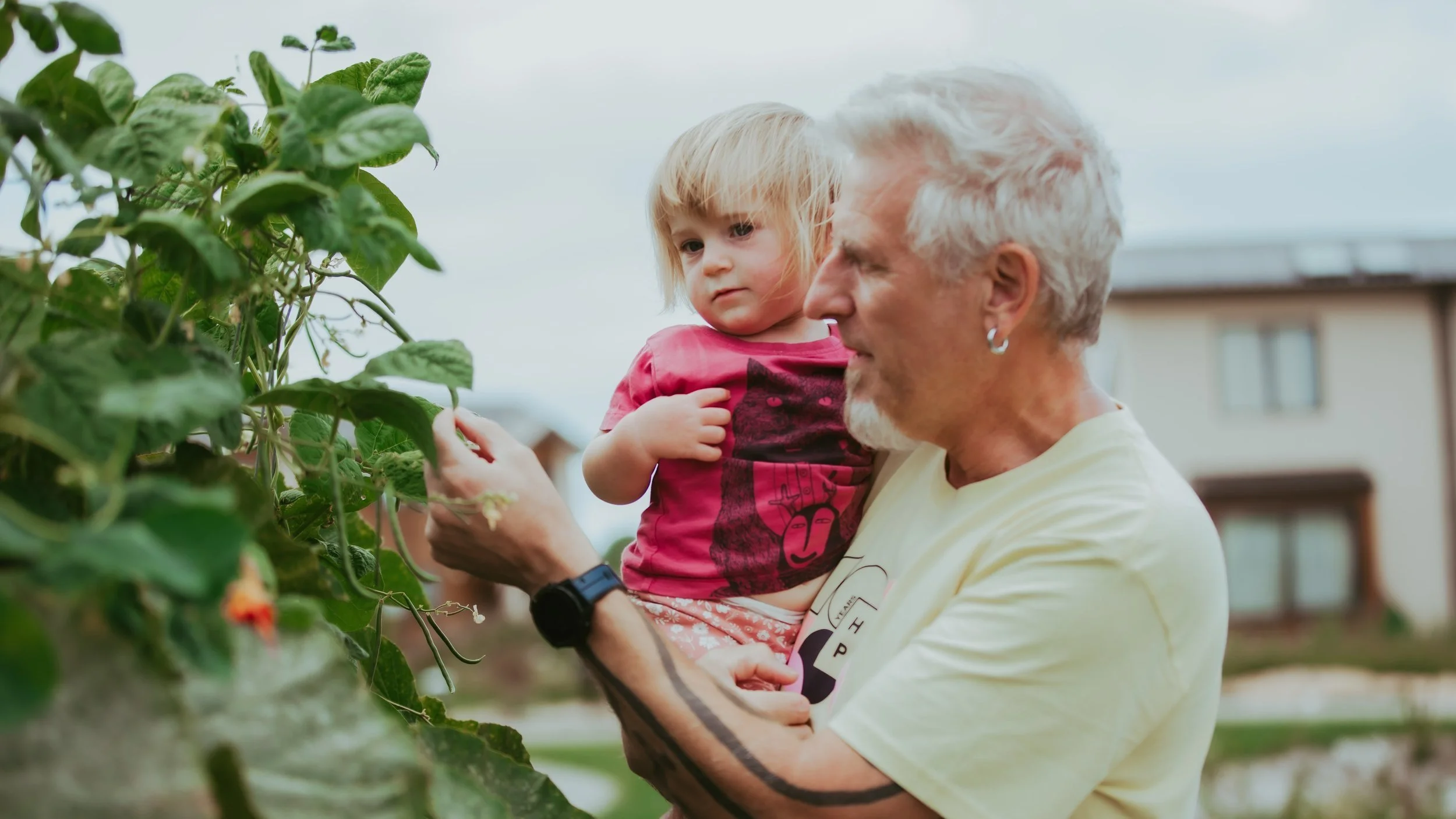Building a New Story for Housing

How Circle Living Developments Are Different
We Build Community, Not Just Houses
At Circle Living, we believe housing should be more than four walls and a roof — it should be the foundation for a thriving, connected life. Our developments are designed with one goal in mind: to bring people together across generations, creating places where neighbours aren’t strangers and where care, friendship, and support are part of everyday life.

The Problem With “Traditional” Housing Models
Across Aotearoa and much of the Western world, our housing system has been shaped by two main models:
The nuclear family home — where one household lives in isolation from others.
Age-segregated living — such as retirement villages, where older adults are separated from the wider community.
While these models are common, they come with costs: growing loneliness, fragmented communities, overstretched services, and housing that’s increasingly unaffordable. We’ve built environments that separate generations, isolate individuals, and treat homes as commodities rather than as social infrastructure.

Our Alternative: Intergenerational Cohousing
Circle Living is part of a global movement reimagining how we live. Our communities are intentionally designed for connection:
Shared spaces like gardens, workshops, and common houses encourage regular, natural interaction.
Age-friendly design means everyone — from toddlers to grandparents — can thrive.
Collaborative governance gives residents a real voice in shaping their neighbourhood.
Everyday acts of care (we call them “neighbourisms”) become second nature — from sharing meals to lending tools, looking after each other’s kids, or checking in on a neighbour who’s unwell.

A Better Way of Living at Any Life Stage
Our communities offer different benefits to different people:
For older adults: a secure place to age in place, with companionship, purpose, and informal support networks.
For parents: a “village” to help with childcare, making family life less isolating and more affordable.
For younger people: access to role models, mentorship, shared amenities, and a richer social life.
Instead of waiting for crisis points — illness, burnout, or isolation — Circle Living creates preventative social infrastructure that keeps people healthy, supported, and connected.
“Instead of waiting for crisis points — illness, burnout, or isolation — Circle Living creates preventative social infrastructure that keeps people healthy, supported, and connected.”

Not Just for Residents — A Positive Force for Society
Our neighbourhoods are designed to be community anchors, benefiting not only the people who live there but also the wider area. We share resources, protect biodiversity, and help regenerate the land for the benefit of future generations.
By combining sustainable building practices, shared resources, and strong social bonds, Circle Living helps address four major challenges of our time:
Loneliness & isolation — by fostering genuine, face-to-face relationships.
Housing insecurity — by creating stable, long-term homes.
Climate change — by reducing our footprint through shared living and building resilience into the neighbourhood.
Social division — by bringing people together across age, background, and life stage.

More Than Just a Home
Living in a Circle Living development isn’t about creating a utopia — it’s about building real community, with all the richness, diversity, and challenges that come with it. We embrace collaboration, communication, and shared purpose, knowing that the rewards - deeper connection, greater resilience, and a true sense of belonging - are worth it.
Ready to rethink what “home” means?
Join us in shaping the next Circle Living neighbourhood in your area. Because how we live, changes everything.

